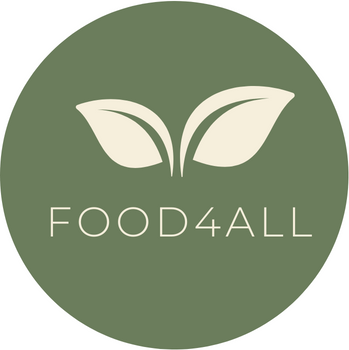In order to understand deeper the role of food crisis on food safety, its meaning should be given. Thus, defining food crisis, we could state that it is a situation where the availability, accessibility, and utilization of food become severely compromised resulting to hunger, malnutrition, and food insecurity. Factors that may lead to food crises are among others the climate change, the natural disasters, the economic instability and public health emergencies such as pandemics. These crises often result in disruptions to the food supply chain, affecting production, distribution, and access to food resources.
- Climate Change:
Climate change can affect growing seasons (i.e. the period of the year when crops and other plants grow successfully), precipitation patterns (i.e. heavy rainfall events), and temperature fluctuations resulting in changes at the agriculture. Additionally, the changes in temperature and in the rainfall patterns may create favorable conditions for the quick spread of foodborne pathogens, increasing the risk of food contamination. More information will be given at the following paragraph (§2.3).
- Natural Disasters:
Natural disasters such as floods and hurricanes, may contaminate water sources and agricultural areas, increasing the risk of foodborne illnesses due to polluted water and soil. More information regarding the importance of water sanitation in food safety will be given at the paragraph 2.4.
- Disruption of Supply Chains:
Civil unrest may result in disruptions in supply chain and more precisely at the
transportation and distribution networks, increasing the time between the production and retail. Additionally, under various situations of civil unrest, proper sanitation and hygiene practices may be compromised, contributing to the contamination of food. Moreover, measures taken in order to control the spread of diseases, such as lockdowns and restrictions, can disrupt food services, impacting the availability and accessibility of food. Giving an example of the above situations, we could remind the facts concerning the global food prices increase from 2020 and afterwards due to supply shortages caused by adverse weather conditions, war and civil conflicts (e.g. Russia’s invasion of Ukraine), economic shocks after Covid-19 pandemic, leading to the disruption of global supply chains. In any case, export bans is a common response to global food price instability as governments try to prevent rising world prices from being transmitted to their domestic market.
- Humanitarian Crises:
Humanitarian crises, such as refugee situations, can result in large populations with limited access to adequate food and sanitation facilities. Therefore, overcrowded, and unhealthy conditions in refugee camps can facilitate the spread of foodborne diseases.
- Economic Downturns:
Economic downturns may result in weakened regulatory systems, leading to challenges in enforcing food safety standards and food quality control.
